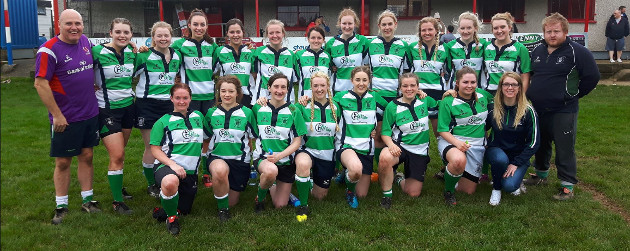Iron deficiency 101 ! How to spot it! What to do about it! Informative information from > www.myactiveiron.com
YOUTUBE | TWITTER | FACEBOOK | INSTAGRAM
Extreme fatigue, pale skin and weakness – sound familiar? These are the three most commonly cited symptoms associated with iron deficiency in the UK.
Iron deficiency is the most common and widespread nutritional disorder in the world. Yet in the UK, 45% of people say they don’t know enough about iron deficiency. In fact, 40% say they don’t know what their own iron levels are.
Here the experts at Active Iron provide a roundup of 7 signs you may have an iron deficiency plus 4 lifestyle choices that can rob you of iron – some of them may surprise you!
7 signs you may have an iron deficiency
1. You’re exhausted
Iron is essential for transporting oxygen around the body, so one of the first signs of iron deficiency is constant tiredness. Having normal iron levels is important in contributing to the reduction of tiredness and fatigue.
2. Cold hands or feet
Believe it or not, cold hands and feet could be a sign of an iron deficiency as iron is needed by the body to generate heat.
3. You’re pale
Iron deficiency see’s red blood cell levels decline which can result in a visibly paler complexion. If your face, toes, fingertips, inside of your lips, your gums, and the inside of your bottom eyelids are less red than usual, low iron may be to blame.
4. You’ve got dry, brittle nails
Iron is necessary for healthy nail tissue growth. If you have noticed that your nails have ridges running down the length of them, or that they break or crack easily, it may be a sign that your iron levels are low.
5. Your tongue looks weird
If your tongue appears pale or smooth, it could be to lack of haemoglobin in the bloodstream which is a result of low iron levels
6. You get short of breath easily
Do you find that you are out of breath after climbing a flight of stairs or doing a low-key workout? —iron deficiency could be to blame.
7. You’re losing your hair
Iron is one of the most important minerals for your hair and so if you find your barnet is looking a little lacklustre, or you notice you are losing more hair than usual, iron deficiency may be an underlying factor.
4 lifestyle choices that can rob you of iron
1. You regularly give blood
Blood donation removes iron from the body and may cause or contribute to low iron levels. Ensuring that your diet contains foods rich in iron – such as meat and/or green leafy vegetables – will help to keep you feeling well during and after donation.
2. You exercise regularly
During exercise, your body uses extra iron to help deliver oxygen around the body. If you exercise vigorously you may need up to 30 per cent more daily iron than non-exercisers.
3. You drink a lot of tea
Research has shown that tea and coffee consumption may reduce iron absorption. Avoid drinking tea just before, after or with meals as this may reduce the absorption of iron from foods.
4. You’re vegetarian
The body absorbs iron that comes from meat, poultry, and fish two to three times more efficiently than iron from plant based food. For this reason, people who follow a vegetarian diet are more likely to be deficient in iron.
What to do if you are low in iron?
Talking to your doctor or pharmacist should be your first port of call. Maintaining a diet rich in iron is also recommended and for those with iron deficiency, taking an iron supplement like Active Iron may be needed to boost iron levels to a healthy level.
PRODUCT SOLUTION:
Active Iron
RRP: £15.99
Available in Boots stores and leading pharmacies
Active Iron is a powerful, next generation iron supplement available without prescription. Active Iron’s unique delivery system is clinically proven to target the body’s iron receptors, thereby increasing absorption. Its formula is gentle on the gut and well tolerated by 9 out of 10 people.
Iron supplementation can help with the reduction of tiredness & fatigue, cognitive function, oxygen transport, formation of haemoglobin & red blood cells, the immune system and energy production. Iron supplementation may be beneficial for women during and after pregnancy, for those with heavy menstrual cycles, blood donors, endurance athletes, adolescent girls and vegetarians.
Active Iron comes in an easy to take capsule that is so gentle it can be taken on an empty stomach. Active Iron is suitable for children over 12 years old, adults, including pregnant women and the elderly. One capsule to be taken daily. Best taken with Orange Juice or Water.
Active Iron should be taken as part of a healthy diet. As with all supplements, you should discuss plans with your health professional before taking if you are under medical supervision, taking other medicines or suffer from food allergies. Active Iron is suitable for vegetarians and is free from artificial preservatives, yeast, gluten, lactose, carbohydrates and sugar.
For more information visit: www.myactiveiron.com
|
|
|







